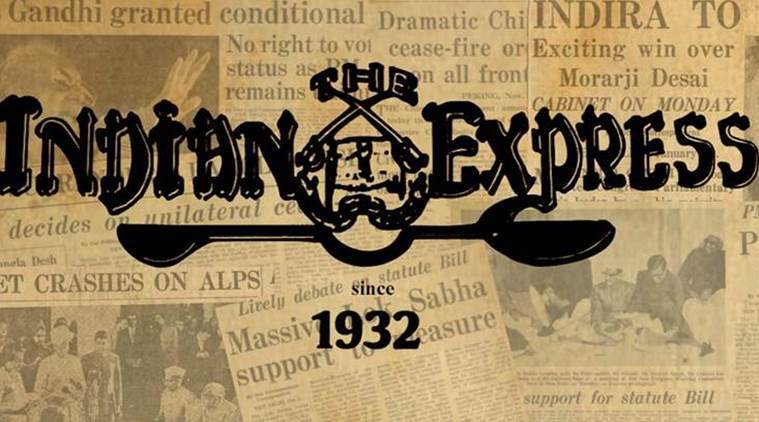 Sharif, however, is not the first to acknowledge that the Mumbai attack was carried out by Pakistani nationals.
Sharif, however, is not the first to acknowledge that the Mumbai attack was carried out by Pakistani nationals.
Former Pakistan prime minister Nawaz Sharif’s remark in an interview to Dawn that “non-state organisations” from Pakistan were responsible for the 26/11 Mumbai attack was not exceptional. However, the military has called it a misleading statement and asked for a meeting of the national security council, and Sharif’s own party, the PML (N), has stated that the remark does not represent the party position. Interestingly, Sharif himself has held firm to his remarks, asking “what did I say wrong?” His personal popularity undiminished after his ouster in a “judicial coup” and the disqualification of life from office handed down to him by the Supreme Court, Sharif’s new counter intuitive gambit suggests he still believes he can win the mother battle with the Pakistan army and the national security establishment. Relations with India rarely figure in the political narrative during Pakistan’s elections. Sharif has signalled he is prepared to make it so, despite the hazards to himself.
Sharif, however, is not the first to acknowledge that the Mumbai attack was carried out by Pakistani nationals. A star cast of personages have, at different times, made similar statements. Pakistan’s then national security adviser Lt General Mahmud Durrani was the first to concede, within a few weeks of the attack, that Kasab was a Pakistani. Rehman Malik, then interior minister, said “a part of the planning” for the attacks was done in Pakistan. This was after the country’s Federal Investigation Agency (FIA) carried out an investigation. The FIA also registered an FIR against eight persons, “some” of whom, Malik said, were members of the Lashkar-e-Taiba. In truth, the question has long ceased to be if the men were from Pakistan; the question is if they had state support.
Sharif seemed to be tackling it when he chose to explain why Pakistan has been unable to complete the Mumbai attack trial. Pakistan has sought to explain this away as delays built into the judicial process. What has actually been lacking is a political acknowledgment at the highest level that 11 men from Pakistan, with sufficient training, arms and logistical support, carried out the attack. Instead, there has been over the years hope that the memory of 26/11 will fade. It is also understood that with Pakistan’s civil-military balance weighed in favour of the latter, the politician cannot be the first to acknowledge this. With his remark, Sharif is seeking to push forward his own battle against the military. But he has also been among the handful of politicians who realise that for India and Pakistan to move forward in any meaningful way, it is important that justice is done in the Mumbai case.